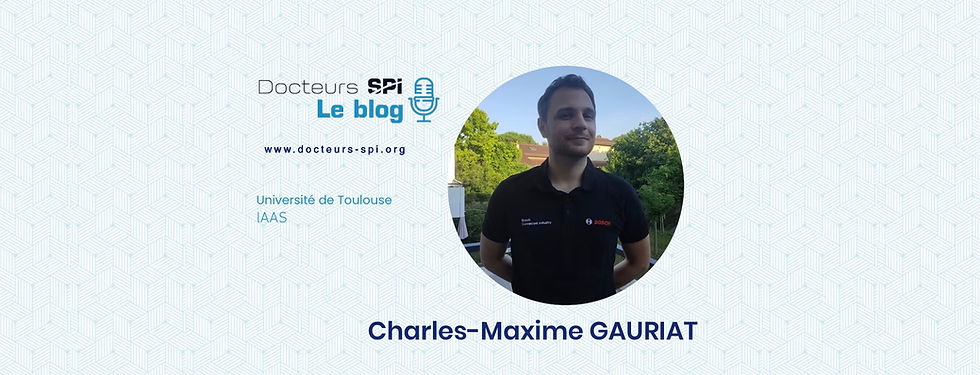Uroš Ješe, Head of Applied Research and Computation Department at Litostroj Power
- Uroš Ješe

- 29 juin 2022
- 2 min de lecture
Dernière mise à jour : 30 sept. 2024

Merci d'avoir accepté l'interview.
Uroš, you are from Slovenia, how and why did you start with your PhD in Grenoble?
My decision was mainly based on the opportunity given. During my studies in Ljubljana, I felt in love a bit with fluid mechanics and especially with renewable sources of energy. I checked my options for PhD studies abroad, I found an opportunity for a scholarship, but the most important was the topic and the wonderful supervisor that gave me instant feeling that I’m taking the right decision for me.
And what would be most important thing you have learned during that time?
First is for sure actual knowledge about hydro power plants, related instability phenomena and special tools and analysis such as Computational Fluid Dynamics approach. However, maybe more important might be a gained confidence to approach any kind of technical problem. In our times, there are so many technics, models, tools and literature available for solving technical challenges, we just need to find and grab the right one. Another very important lesson for me was to always check the bigger picture and first ask myself ‘Why I’m I doing something?’ and later ‘How will I do it?’.
How your story continued after PhD?
After PhD, I moved back to Slovenia and started to work for water turbine manufacturer Litostroj Power. I initially worked partly as a specialist for hydraulic instabilities and partly as a specialist for technical propositions for new and refurbished hydro power plants. It means I was travelling around the world, investigating power plants, preparing propositions for the most reasonable technical solutions and presented proposed solutions to owners of power plants. It gave me a quite wide perspective on hydro and other renewable sources of energy. Since last year, I’m appointed as a Head of Applied Research and Computation Department, which means leading a team that supports on-going projects and other departments with all kind of technical calculations required, including structural mechanics, fluid dynamics and mechanics, water hammer analyses, rotordynamics and so on.
Any last thought for young PhD students?
Of course, plenty of them. Have in mind that PhD years might be the best years of your life, therefore use them, learn as much as you can, travel as much as you can, try new things, stay curious and become a bit braver. And maybe most important. You already know how much you know and how much you don’t know. So you can be humble, and at the same time confident, believe me, most of people you will meet might know much less, at least related to your subject.





Commentaires